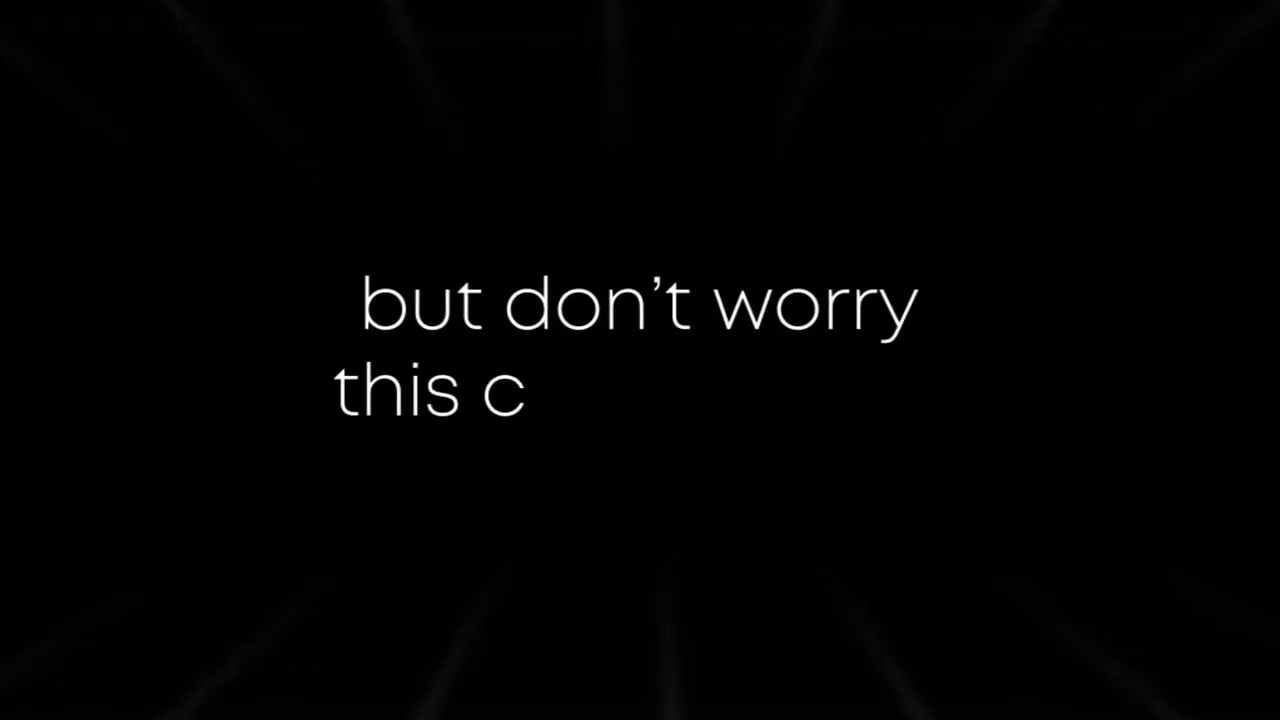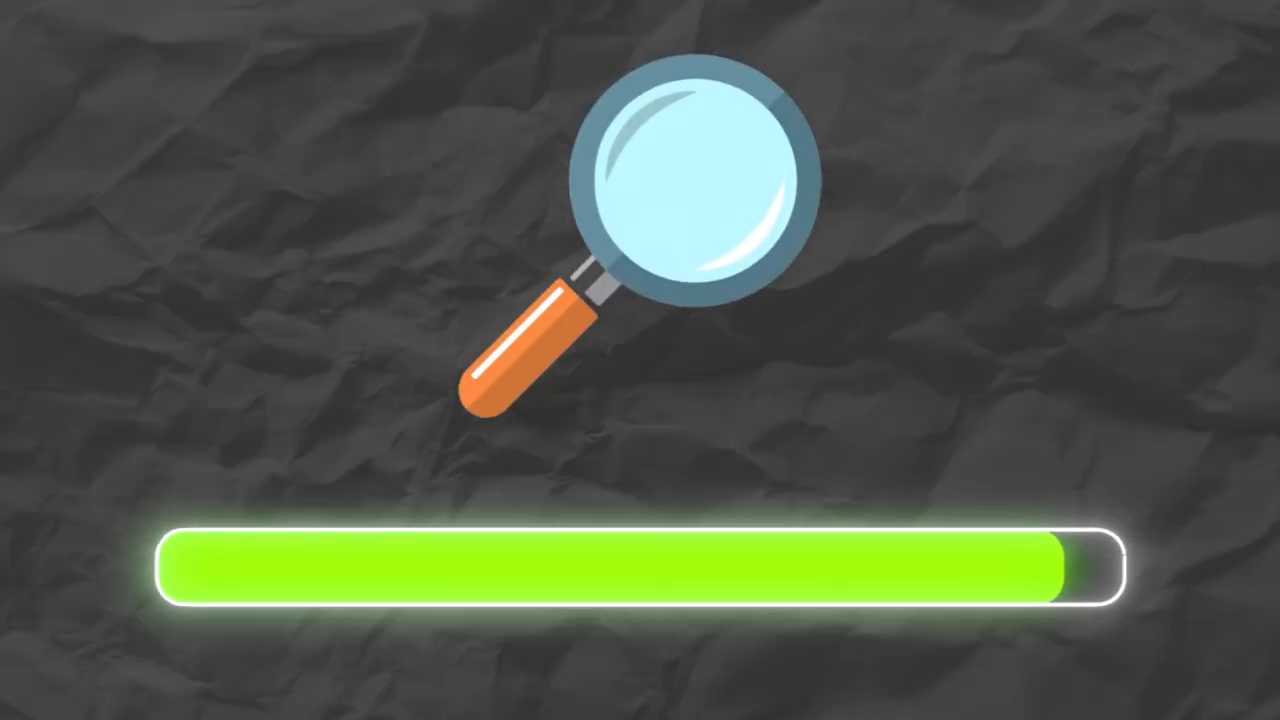How to improve your focus and intelligence
In today’s fast-paced and highly distracted world, the ability to focus and study effectively is becoming increasingly rare and valuable. This article walks you through the importance of sharpening your focus, the science behind overstimulation, and practical ways to develop intelligence. Based on insights from Harry Hope's video, this is your step-by-step guide to becoming smarter and working more efficiently.
The average attention span and the modern epidemic of distraction

The stark reality of dwindling attention spans explained at the beginning of the video
The video starts with a shocking fact: the average attention span of an adult is now just 8.25 seconds. This is shorter than the attention span of a goldfish. Consequently, many people find themselves unable to focus on tasks, develop skills, or enhance their intelligence.
The inability to focus one's attention in a meaningful way threatens both personal and professional growth. If you started reading this article but have already been tempted to click away, that impulse underscores the modern dilemma: distraction. However, the good news is that this habit of fleeting attention can be reversed.
What makes someone intelligent?

Breaking down the key pillars of intelligence
Defining intelligence requires breaking it into actionable components. According to Harry Hope, an academically intelligent person excels in three fundamental areas:
- Knowledge of skills: Knowledge increases through consistent application and study of a focused area.
- Problem-solving ability: The more one tackles problems deliberately, the sharper this skill becomes over time.
- Wisdom: As your experiences compound, wisdom grows and helps you approach both simple and complex challenges thoughtfully.
It's crucial to note that intelligence can be learned, trained, and improved. Much like building a muscle, you get better at a skill by practicing it, grow as a problem solver by engaging with problems, and expand your pool of knowledge by reading and studying systematically.
Harry emphasizes that while developing these aspects of intelligence is challenging, “it is incredibly simple.” Simplicity means you just need the right mindset and methods, but persistence is non-negotiable.
The danger of overstimulation

How overstimulation robs us of focus and clarity
Why can't we focus?
The issue is more than just distractions—it’s overstimulation, a condition caused by our constant exposure to stimulating (and often pointless) content, such as viral videos, social media notifications, and endless scrolling. Each time we succumb to these distractions, our brains are rewarded with dopamine, a hormone that reinforces this behavior.
Overstimulation teaches the brain to crave distractions, making prolonged focus on any single task seem boring or intolerable. This, according to Harry, is the enemy of true productivity. By minimizing overstimulation, you rewire your brain:
- Fewer distractions: You crave digital stimuli less and focus becomes easier.
- Improved thinking: Your brain regains the capacity to entertain broader, more creative ideas when it's not overwhelmed by input.
The simple takeaway is to identify and reduce elements in your life that cause overstimulation. Whether it’s reducing phone notifications or scheduling tech-free hours, these small changes have a massive impact on your mental clarity and focus.
Creativity: The underrated pillar of intelligence

Creativity as a byproduct of focus and simplicity
While most people associate intelligence with solving equations or technical mastery, creativity deserves equal weight. Creativity allows for out-of-the-box problem-solving, fostering innovation in any field or endeavor.
Here’s where reducing overstimulation becomes especially powerful. When you give your brain fewer distractions, it creates space for imaginative thinking. Harry points out that it’s during those quiet, unfocused moments (walking, resting, journaling) that your brain can generate its best ideas.
By lessening overstimulation and training focus, you create the perfect environment for your creativity to thrive, leading to holistic intelligence growth—not just academically, but emotionally and socially as well.
Training focus: A practical exercise to improve attention

Harry shares his transformation story of enhanced focus
One of the most inspiring parts of Harry Hope’s video is his personal example. When he started focusing seriously on tasks, he could barely manage 5 minutes of uninterrupted productivity. Through deliberate practice, Harry developed the ability to concentrate for four straight hours.
Here’s how he did it:
- Set a timer: Start working, and track the exact time you can stay focused before your attention wavers.
- Stop the timer when distracted: Be honest with yourself. If your mind wanders or you find yourself scrolling through your phone, stop the timer.
- Gradual improvement: Each time you focus, try to push your limits a little further. It’s like lifting heavier weights at the gym.
With consistent practice, you’ll notice your ability to focus growing stronger. The beauty of this process is that it makes any work session just as much a training opportunity as it is a time to get things done.
Imagine turning a mundane task, like writing an email or completing homework, into a chance to train your focus muscle. This mindset shift can truly accelerate your productivity.
The ultimate strategy for learning and success
Improving focus is not just about tuning out distractions—it’s part of a larger discipline to achieve your goals. Becoming intelligent involves much more than innate talent or quick wit. As detailed by Harry, you need to engage three key areas:
- Focus training: Begin today by measuring your current attention span and increasing it gradually.
- Detox from overstimulation: Cancel notifications, log off social media, or create a distraction-free workspace.
- Fuel knowledge and creativity: Read books, engage with new ideas, and allow white space for imaginative thinking.
Each of these strategies feeds the others: greater focus fuels more knowledge acquisition, while minimizing overstimulation unlocks enhanced creativity.
Conclusion: Are you ready to reclaim control?
In a world designed to steal your attention, mastery over your focus is an invaluable tool. Harry Hope’s video serves as a candid reminder that intelligence and focus are neither innate nor static. Instead, they are skills you can train and strengthen with effort and intention.
Whether you’re reading this article’s closing paragraph or pushing to complete a college degree or work project, the principles remain the same: Reduce overstimulation, cultivate focus, and commit to constant improvement. You’ll be amazed at not only how much smarter you become but also how much more fulfilled and productive your life feels.
Ready to take this journey? Check out Harry’s Twitter for inspiration or subscribe to his newsletter for actionable tips on self-improvement and productivity. The power to change is in your hands—start small, and grow your potential every day.
